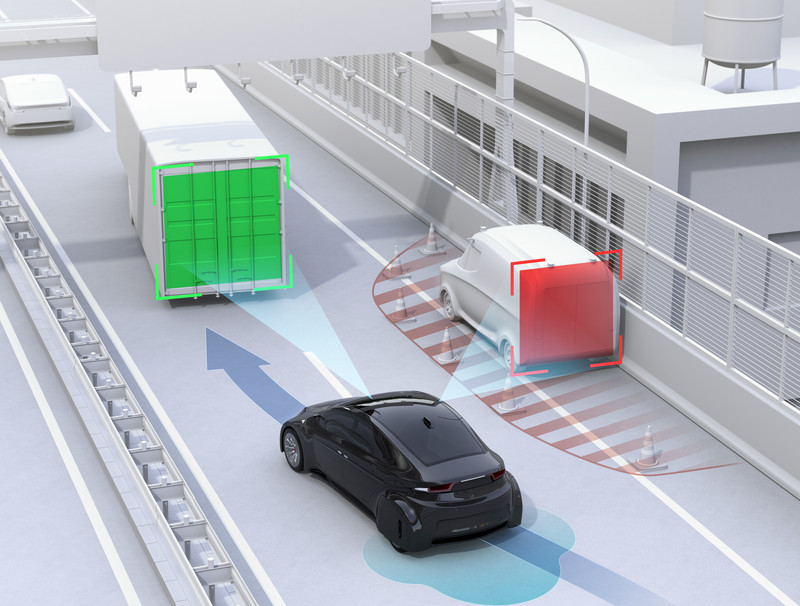
The discussion of self-driving vehicles continues as more and more companies are delving into the industry in hopes that they hit on a model that can flood the market someday soon. One of the biggest questions drivers, manufacturers, and emergency personnel continue to ask is if accidents will decrease when self-driving vehicles are on the roads. We will take a look at this issue in today’s post.
Current Impact of Car Crashes
Car crashes are a leading killer of drivers in the United States each year. Accidents happen almost every minute of the day across the country. They cost insurance companies, hospitals, doctors, emergency responders, victims and those at-fault billions of dollars in repairs, surgery, medical care and much more.
A research paper published by McKinsey & Co found that for every one person killed in the United States in a car accident, eight are hospitalized and 100 are treated and then sent home from an emergency room. As of 2012, the annual cost of crashes to the country was a whopping $212 billion.
Could Accident Rates Drop?
So, the big question here is whether or not we could see a drop in accident rates if self-driving vehicles become mainstream. They are currently being deployed in small batches by commercial entities, but they have yet to hit the market for consumers. In the report from McKinsey & Co, the authors believe that accidents could drop by 90 percent if self-driving vehicles become mainstream. With this estimation, it’s possible that self-driving vehicles could save Americans close to $190 billion.
These are Just Predictions
One thing we must understand is that these are just predictions. In order to effectively provide a more concrete answer to this question is for hundreds of millions of miles to be driven in self-driving cars and then analyzed. When you look at a study conducted by the Center for Automotive Research and KPMG, 93 percent of all vehicle crashes are caused by human error.
Because of this statistic alone people are beginning to think that self-driving vehicles will help to reduce accidents. Will they? Yes, they will, but determining how much to be exact is still too far off right now. A lot of factors still come into play even with self-driving vehicles. One of them being that someone still has to be in the car for it to operate. Another is that you can still be charged with DUI, even if you are not physically operating the vehicle because you are technically behind the wheel.
What about the lack of a Wi-Fi signal? Self-driving cars rely on sensors and video to determine speed, distance, and other factors related to driving. If a Wi-Fi signal fails, or other technology fails, will this lead to an accident immediately? Or, will the driver have time to correct the issue and take over the controls?
The bottom line here is that self-driving cars are definitely on our horizon. We just cannot start looking too much into how well they will help reduce accidents. At least not yet.